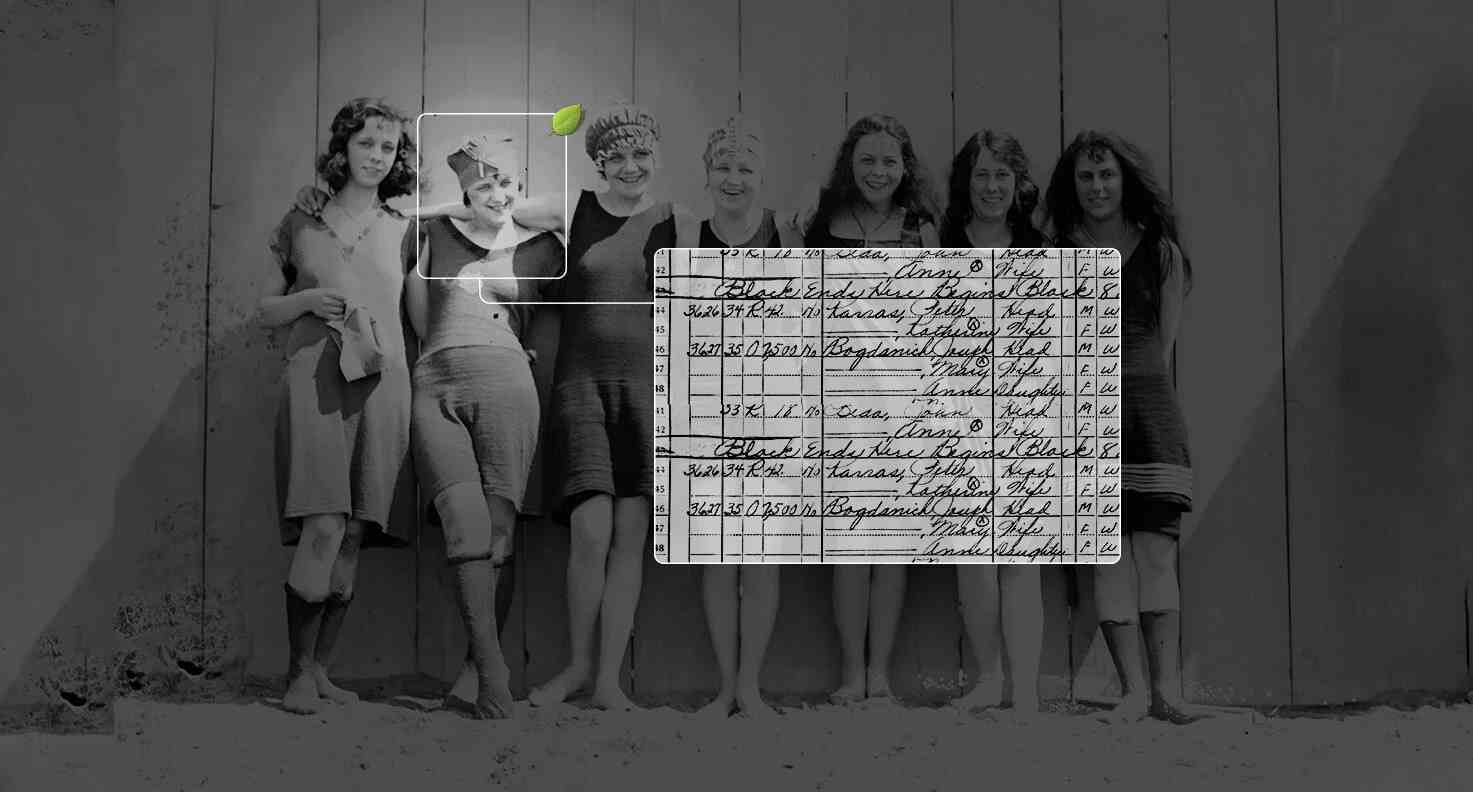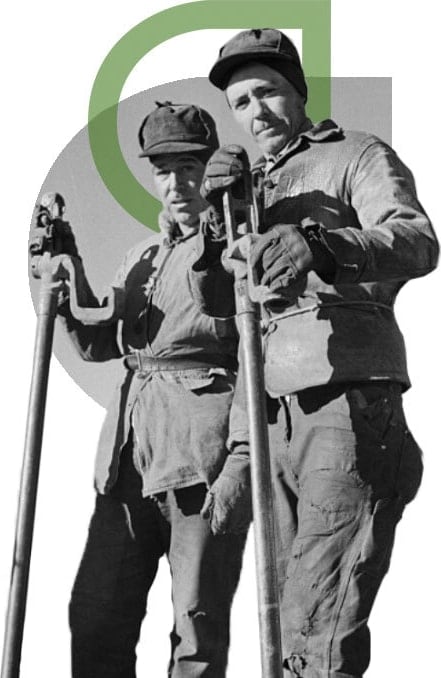Li Family History
Li Surname Meaning
Chinese: Mandarin form of the surname 李 meaning ‘plum’: (i) said to have been adopted in place of the Chinese surname 理 (also pronounced Li; meaning ‘rules’ in Chinese) by Li Zhen (利貞) son of an official called Li Zheng (理徵) in the late Shang dynasty (1600–1046
Source: Dictionary of American Family Names 2nd edition, 2022


